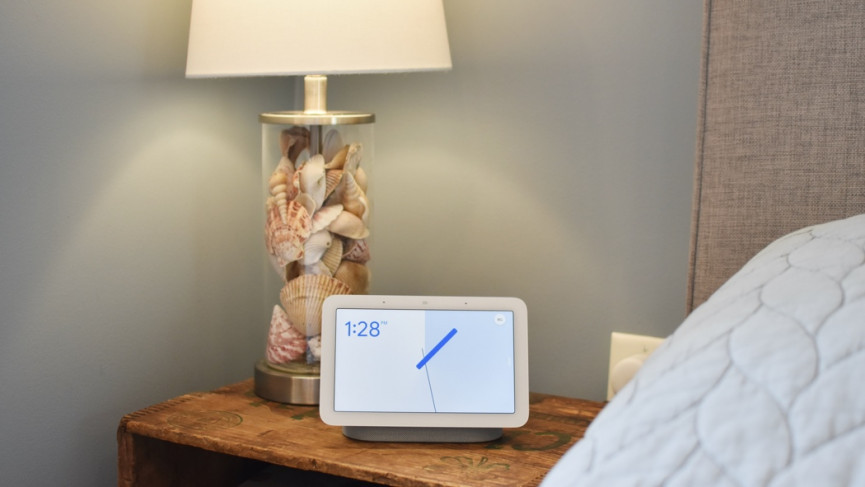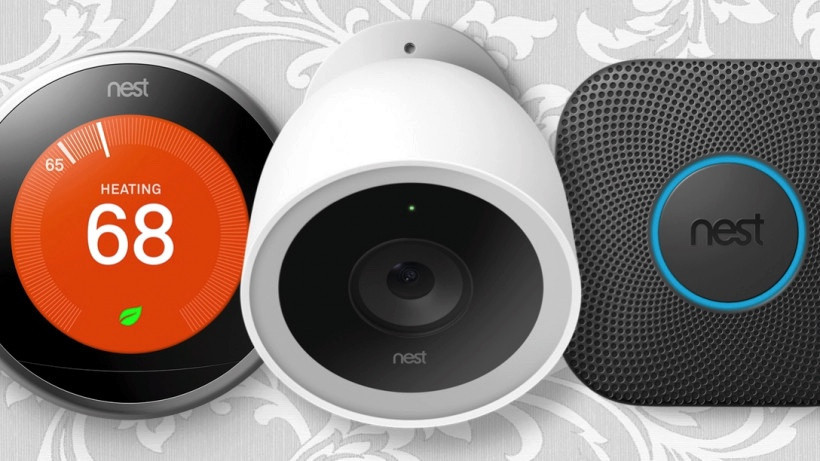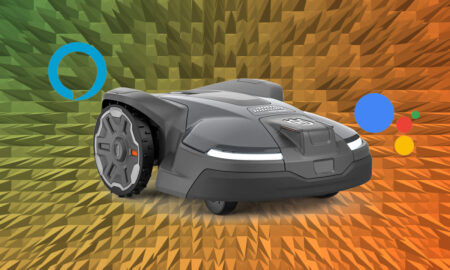Google Nest products will also be validated to an independent security standard.
Your smartphone’s operating system gets a guaranteed lifespan, shouldn’t your smart home? Last week, Google committed to supporting its cloud-connected smart home devices with critical bug fixes and security patches for at least five years. So, you can rest easy knowing your $250 smart thermostat won’t just be a pretty paperweight in half a decade.
The tech giant also said it will validate all Google Nest devices from 2019 on using an independent security standard, like those developed by the Internet of Secure Things Alliance (ioXt), and will publish the results.
These announcements came in a blog post where Ryan Campbell, Product Manager at Google Nest, outlined Nest’s commitments to privacy and security. Many of the standards carry over from other Google services, and you will now be able to view all your smart home devices on your Google device activity page.
Read this: The Best Google Home Devices
Other details include confirming that its smart home devices use verified boot, which checks that the device is running the right software every time it restarts, and that Google Nest participates in a bug-bounty program, paying researchers who discover security vulnerabilities in its products.
While name changes and product tweaks has left it a little unclear as to which products classify as Google Nest, a bit of digging reveals that this applies to the following devices:
- Nest smart speakers
- Nest Hub smart displays
- Nest thermostats
- Nest Protect smoke detector
- Nest security cameras
- Nest Mesh Wi-Fi
- Nest x Yale lock
- Chromecast streaming devices
- Google TV dongle
Now discontinued devices such as Google Home speakers, Google Wi-Fi, and the Nest Secure alarm system are also included.

Five years isn’t a long time for a thermostat or a lock, which should have at least a decade of use in them.
But this isn’t a cut off of five years of support, it’s a guarantee of a minimum of five years from first launch – so most devices will (and already have) receive support for longer.
This type of transparency is important in the smart home. If you buy a regular lock, thermostat or smoke detector, you don’t have any expectation of long-term support (beyond a warranty).
When it comes to smart devices many key functions are dependent on a cloud connection, and knowing how long that connection will remain secure is important information.
We’d also like to see companies explaining what will happen to your product once/if support ends. Can you still use it? An original Nest Learning Thermostat, for example, can operate as a regular programmable thermostat without an internet connection, but will the Nest X Yale lock or Google Nest Secure still be work when its support ends?
Devices that are part of your home infrastructure shouldn’t have to be replaced every five years. If support ends, they need to continue to operate in the same way a non-connected product would.





